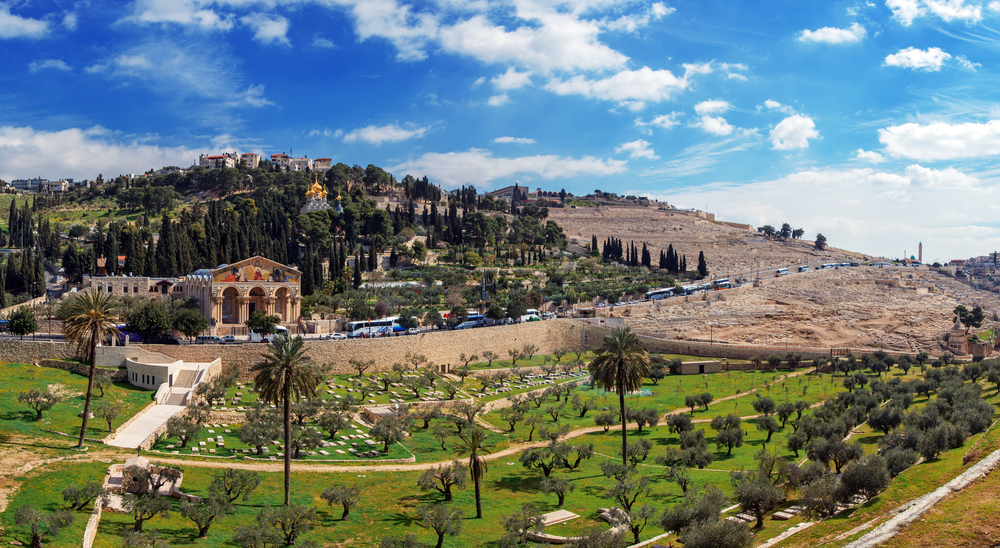
Israel is a diverse and multicultural society, home to a rich tapestry of cultures and subcultures that coexist and interact in a complex mosaic. The population of Israel comprises Jews, Muslims, Christians, Druze, Bedouins, and other ethnic and religious groups, each contributing to the vibrant tapestry of Israeli society.
Jewish Culture: In Israel, Jewish communities are incredibly diverse, reflecting the rich tapestry of Jewish heritage, traditions, and customs from around the world. While these communities vary in religious observance, cultural practices, and historical backgrounds, they coexist within Israeli society, contributing to the country's vibrant multicultural landscape.
Ashkenazi Jews: Descendants of Jewish communities from Central and Eastern Europe, Ashkenazi Jews have played a significant role in shaping Israeli society since the early waves of Jewish immigration to Palestine in the late 19th and early 20th centuries. They brought with them Yiddish culture, including literature, music, and culinary traditions, which have become integral parts of Israeli culture. Ashkenazi Jews have historically been associated with secularism, socialism, and Zionist political movements.
Sephardic and Mizrahi Jews: Sephardic Jews trace their origins to the Iberian Peninsula and North Africa, while Mizrahi Jews hail from the Middle East, North Africa, and Asia. Sephardic and Mizrahi Jews began immigrating to the Holy Land in significant numbers during the late 19th and early 20th centuries, with additional waves of immigration following the establishment of the State of Israel. They brought with them vibrant traditions, including Sephardic music, cuisine, and religious practices, enriching Israel's cultural landscape. While historically marginalized in Israeli society, Sephardic and Mizrahi Jews have made significant strides in recent decades, gaining prominence in politics, business, and the arts.
Ultra-Orthodox (Haredi) Jews: Ultra-Orthodox Jews adhere to strict interpretations of Jewish law and tradition, focusing on religious study, prayer, and observance. They are known for their distinctive dress, including black hats and coats for men and modest clothing for women. Ultra-Orthodox communities, which include both Ashkenazi and Sephardic/Mizrahi Jews, maintain a separate educational system, social institutions, and neighborhoods, often characterized by close-knit communal structures. While some Ultra-Orthodox Jews choose to live in insular communities, others integrate into broader Israeli society while maintaining their religious observance.
Religious Zionist (Dati Leumi) Jews: Religious Zionist Jews combine traditional Jewish observance with Zionist ideology, emphasizing the religious significance of the Land of Israel and active participation in Israeli society. They are known for their support of settlement expansion in the West Bank and their involvement in religious institutions, political parties, and the Israel Defense Forces. Religious Zionist communities encompass a wide range of religious observance levels, from modern Orthodox to more conservative groups, and play a significant role in shaping Israeli politics and society.
Secular Jews: Secular Jews, who make up a significant portion of Israeli society, prioritize cultural and national identity over religious observance. They are often associated with the founding principles of Zionism, including the establishment of a Jewish homeland in the Holyland. Secular Jews contribute to all aspects of Israeli life, including politics, academia, the arts, and the military, and play a crucial role in shaping the country's cultural landscape.
While these Jewish communities and subcommunities may have distinct religious, cultural, and political identities, they coexist within Israeli society, sharing common bonds of Jewish heritage, national identity, and a commitment to the future of the Jewish state. Shared spaces, such as schools, workplaces, neighborhoods, and cultural events, provide opportunities for interaction and dialogue among diverse Jewish communities, fostering a sense of unity and solidarity amidst the country's rich cultural diversity. Despite differences in religious observance and cultural practices, Israeli Jews from all backgrounds come together to celebrate holidays, commemorate historical events, and build a shared future for the Jewish people in their ancestral homeland.
Muslim Culture: Muslim citizens of Israel contribute significantly to the country's cultural mosaic. They maintain their distinct Arab identity, language (Arabic), and traditions, while also participating in the broader cultural life of Israel. Muslim culture in Israel encompasses a wide range of traditions, including music, dance, cuisine, and literature, reflecting the diversity of the Islamic world.
Christian Culture: Israel is home to a vibrant Christian community, with significant populations of Christians residing in cities such as Nazareth, and Jerusalem. These communities trace their roots back to the earliest days of Christianity and continue to practice their faith while preserving their unique cultural heritage. Christian culture in Israel is characterized by a rich tapestry of religious festivals, traditions, and historic sites, including churches, monasteries, and pilgrimage routes.
Druze Culture: The Druze community, an ethnoreligious group with roots in the Levant, maintains a distinct cultural identity within Israel. Druze culture is characterized by its emphasis on secrecy, loyalty, and community solidarity. Druze communities in Israel preserve their traditions, including religious rituals, folk dances, and culinary specialties, while also actively participating in Israeli society.
Bedouin Culture: The Bedouin community, traditionally nomadic Arab tribes, has a unique cultural heritage shaped by centuries of desert life. While many Bedouins have transitioned to a more sedentary lifestyle in modern times, they continue to maintain their cultural traditions, including hospitality, tribal customs, and traditional crafts. Bedouin culture in Israel is characterized by a deep connection to the land and a strong sense of community.
Despite the diversity of cultures and subcultures in Israel, coexistence and mutual respect are fundamental values that underpin Israeli society. While tensions and conflicts do exist, particularly in the context of the Israeli-Palestinian conflict, many Israelis from different backgrounds actively work to promote understanding, dialogue, and cooperation among diverse communities. Shared spaces, such as markets, schools, workplaces, and cultural events, provide opportunities for interaction and bridge-building across cultural divides. Ultimately, the diverse cultures and subcultures of Israel contribute to the country's unique identity and enrich the collective tapestry of Israeli society.
Explore tours by category



